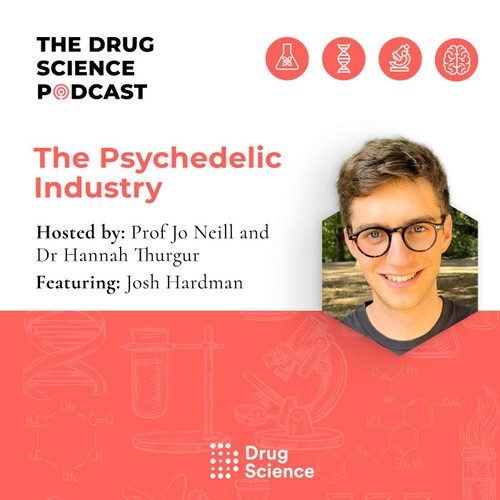
 The Drug Science Podcast
The Drug Science Podcast 91. The Psychedelic Industry with Josh Hardman
Nov 23, 2023
Josh Hardman, founder of Psychedelic Alpha, discusses the challenges faced by the psychedelic industry including progress of decriminalisation, clinical trial milestones, and the potential evolution of the industry. They also touch on the current state of decriminalization in Oregon and Colorado, challenges in accessing regulated psilocybin, real-world evidence collection, drug development models, and the importance of in-person events in the psychedelic industry.
Chapters
Transcript
Episode notes
1 2 3 4 5 6 7
Introduction
00:00 • 2min
The Story Behind Psychedelic Alpha and the Evolution of the Newsletter
01:46 • 6min
Reading Habits and Gathering Information
07:25 • 2min
The Challenges of Researching and Developing Psychedelics
09:51 • 26min
Current State of Decriminalization and Challenges in Access
35:31 • 5min
Real-World Evidence and Drug Development
40:14 • 19min
Connecting, Job Board, and In-Person Events in the Psychedelic Industry
58:48 • 3min
